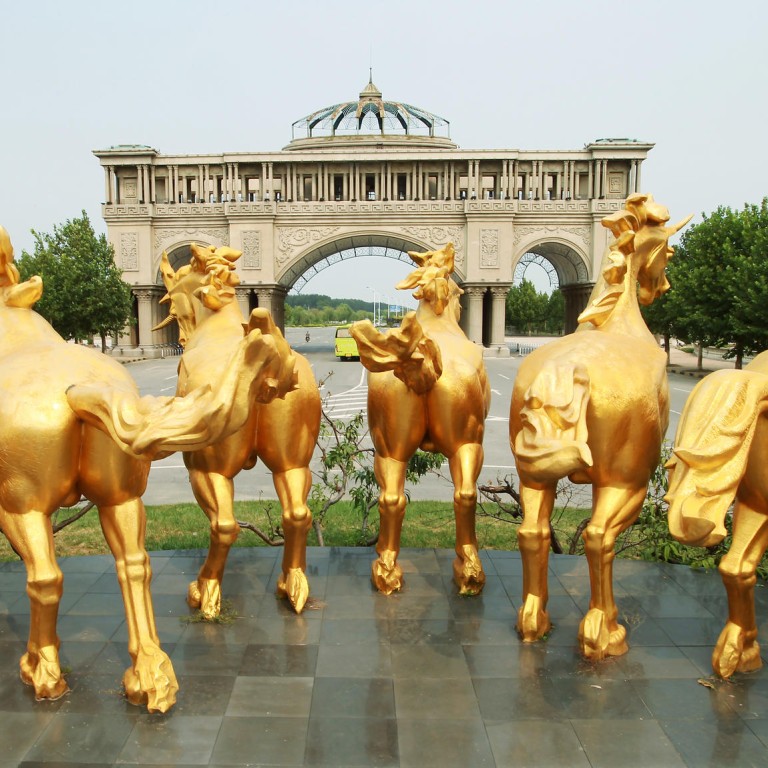
Caution urged over deals in new zones
Investors told to tread carefully before pouring money into the mainland's special economic areas because of a lack of clarity over details
The mainland has been gripped by a development frenzy unlike any seen before, with a new free-trade zone in Shanghai and special economic zones in the Pearl River Delta attracting enormous amounts of investment as they are positioned as the primary drivers of economic reform.

"The macro concept of the free-trade zone is very attractive. But the details of the implementation are still unclear," said Michael Tam, a partner at law firm Berwin Leighton Paisner, who specialises in corporate finance and real estate. "What will happen if there are conflicts between national legislation and legislation in the zone or in the city?"
The central government plans to elevate Shanghai's role in economic reform by loosening controls on capital flows and expanding foreign investment in its free-trade zone, which will be officially opened on September 27.
Reflecting market optimism about Shanghai free-trade zone, shares in Shanghai Shipping Container Lines and Cosco Shipping rose by the 10 per cent daily limit on Friday. Shanghai International Port also saw shares up by the daily limit. The firm's shares have more than doubled over the past two weeks.
In the south, Qianhai in western Shenzhen, previously billed as the Manhattan of southern China, and two other pilot special economic zones in the Pearl River Delta - Hengqin in Zhuhai and Guangzhou's Nansha - have lured hundreds of billions of yuan worth of development plans. Home prices have been rising even though many parts of the zones have yet to be built.
China Resources Land, the property flagship of state-owned China Resources (Holdings), paid 10.9 billion yuan (HK$13.8 billion) for the third commercial site in Qianhai last month.
"Qianhai will mainly focus on financial reforms and developing the financial sector," Li Qiang, the zone's deputy director general, said in Hong Kong on Friday.
Companies registered in Qianhai had applied for cross-border loans totalling 7 billion yuan as of last month, an official said, adding that they involved more than 10 banks.
"The long-term prospects for Qianhai are good. But home prices there are already 30,000 yuan to 40,000 yuan per square metre, even though the zone has not been built, " said David Hong, the head of research for China Real Estate Information. "The price is not cheap at the moment."
Analysts said central government backing made Shanghai and the Pearl River Delta zones safe bets, but other cities also wanted special economic zones and investors should be wary of politicians' pet projects.
Many developers paid high prices and rushed to buy land in Tianjin, the hometown of former premier Wen Jiabao, about three years ago after he urged the city's Binhai New Area to take the lead in the country's development.
"For whatever reasons, such as slower-than-expected economic development, home demand in [Tianjin] is not as strong as expected," said an analyst.


